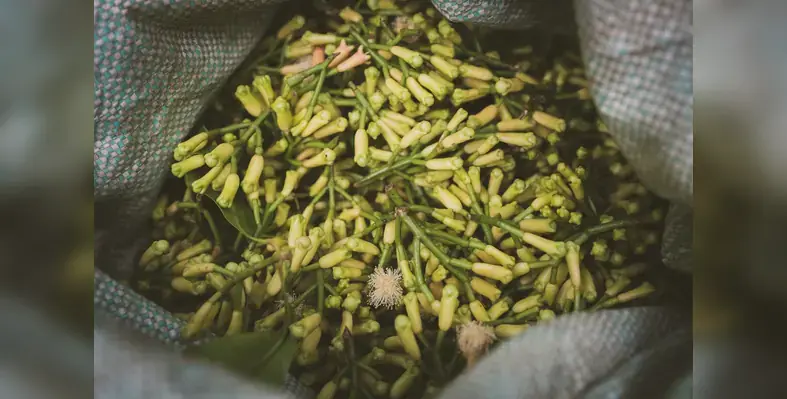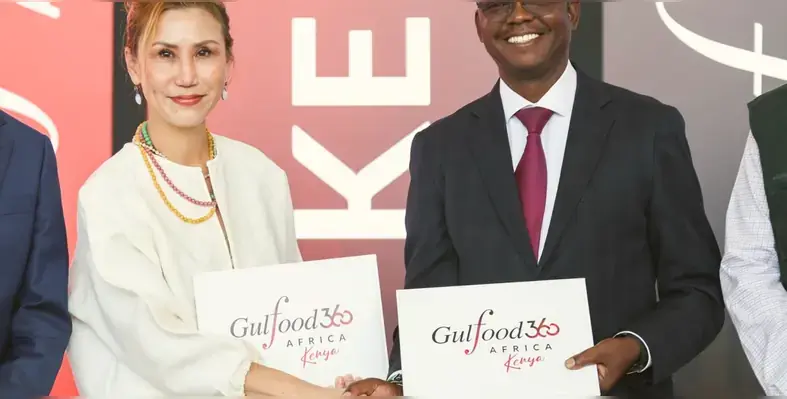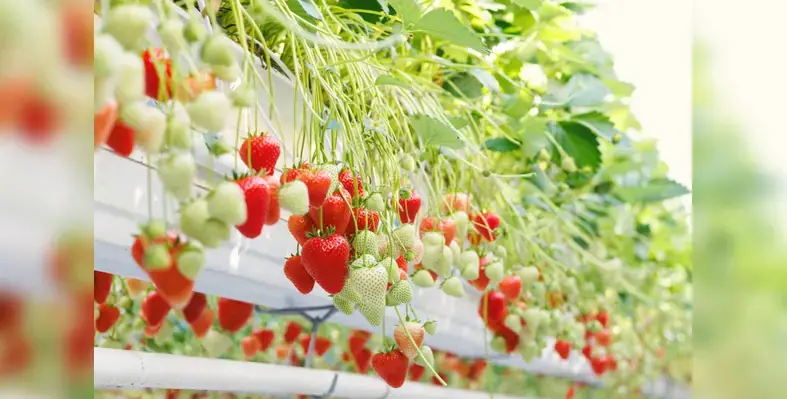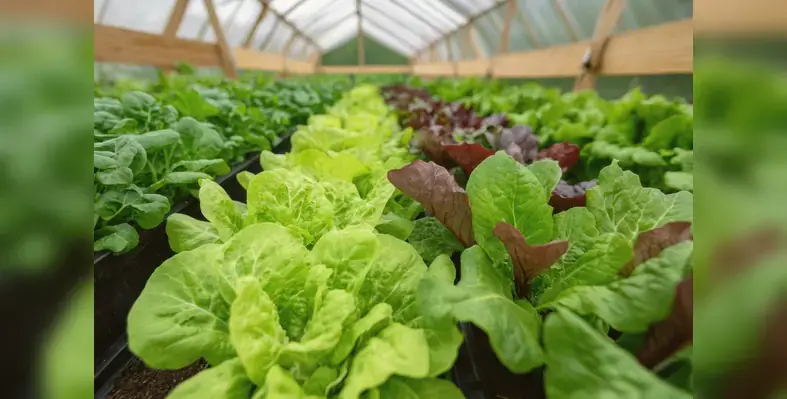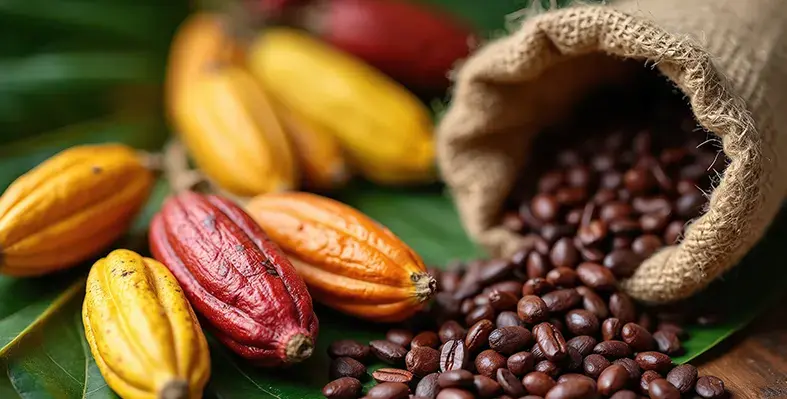Nigeria is getting ready to introduce its first nationwide commercial clove farming campaign, scheduled to begin during the 2026 rainy season which usually starts in April.
The initiative was announced by Abdullahi Shuaibu, National Coordinator of the National Association of Clove Farmers, Processors and Marketers of Nigeria, and represents a bold move to position cloves as a viable commercial crop across all 36 states and the Federal Capital Territory. The programme signals a growing commitment to agricultural diversification and long term economic growth.
The pilot phase of the campaign is expected to involve about 74,000 farmers, with at least 2,000 participants drawn from each state and the FCT. Each farmer will cultivate roughly 0.5 hectares of land dedicated to clove farming. Participants will receive improved seeds and essential farm inputs to help ensure healthy crop establishment and improved yields. This structured rollout is designed to build capacity while reducing the risks often associated with introducing a new commercial crop.
At present, Nigeria depends heavily on imported cloves, bringing in an average of 1,184 tonnes annually between 2020 and 2024 at a cost of around US$1million each year. By expanding domestic production, the campaign aims to reduce import dependence while creating opportunities to export surplus cloves and earn foreign exchange.
If successful, the initiative could make Nigeria the second African country after Tanzania, particularly Zanzibar, to produce cloves on a commercial scale. This transition is expected to support job creation, strengthen rural livelihoods and increase income opportunities for farming communities.
Global demand for cloves remains strong, driven by widespread use in food processing, pharmaceuticals and personal care products. The global clove market was valued at about US$5.7 billion in 2025 and is projected to exceed US$7bn by 2030, presenting attractive export prospects for Nigeria.
To support farmers, improved clove seedlings sourced from Tanzania are being distributed, alongside training manuals developed with academic partners. Officials believe the campaign could deliver meaningful benefits for rural economies, especially for youth and women. However, its long term success will depend on consistent technical support, effective coordination and the development of strong market linkages at both local and international levels.




